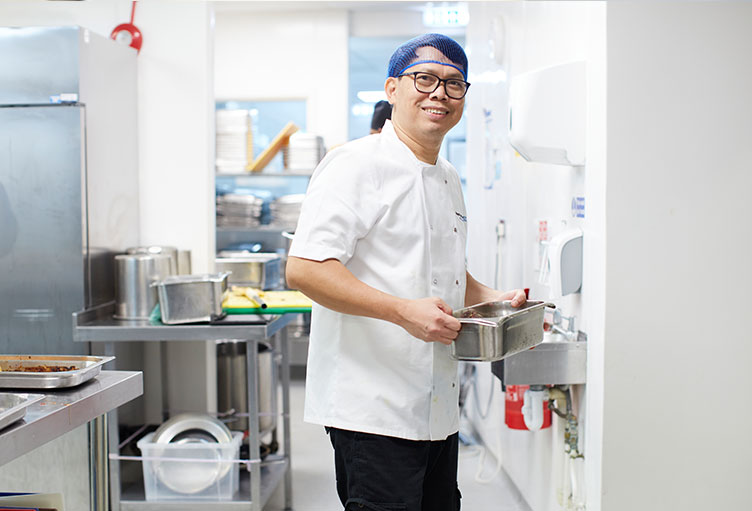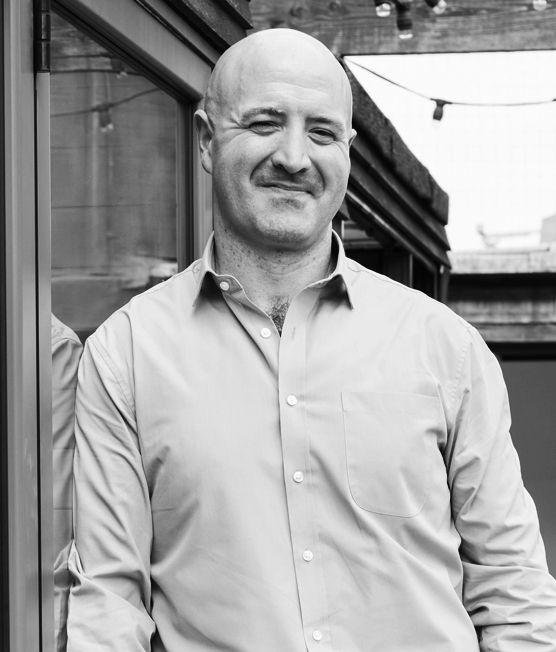RFLPS Catering at the Royal Free Hospital site, has received a bronze Food for Life Served Here award for its work to get fresh, local, sustainable food onto staff plates. This is an impressive achievement and a key step on the road to achieving RFLPS health and sustainability goals.
With around 30% of the greenhouse gas emissions that drive climate change coming from the food system, and last month’s IPCC report calling ‘code red for humanity,’ it is vital that public sector spending reflects the urgent need to tackle climate change.
Public procurement of sustainable and local food is one of the most effective ways to drive transformation in food production and supply, and to strengthen local economies.
The bronze Food for Life Served Here award, a mark of food quality for meals accredited by Soil Association, means that the catering team in the restaurant work to ensure that a minimum of 75% of dishes are freshly prepared from unprocessed ingredients.
Meals are also free from undesirable trans fats, sweeteners and additives, and use free range eggs, higher welfare meat and ingredients from sustainable and ethical sources. This is no mean feat considering the complexity of our food system and the over 25,000 meals served monthly in the restaurant.
Food for Life supports local authorities to develop connections with local suppliers, while also working with catering teams to prepare nutritious meals from fresh ingredients. By buying British produce, supply chains are shortened, contributing to inclusive growth in the economy and helping local producers to supply sizeable public sector markets, increasing resilience to future market shocks.
Notably, the National Food Strategy for England positioned Food for Life Served Here as pioneering best practice in healthy and sustainable catering and recommended that Food for Life Served Here, or something similar, be made mandatory.
This will also contribute to our wider goals of becoming a good food nation, reducing inequality, reducing our carbon footprint, providing traceability and provenance of everything we serve, encouraging organic production, reducing food miles and achieving net zero emissions by 2045.
This is well-deserved recognition for the hard work done, not only making sure that they are providing healthy, nutritious, environmentally responsible, and value priced meals, but are now able to point to Food for Life as the framework that allows them to do so.









